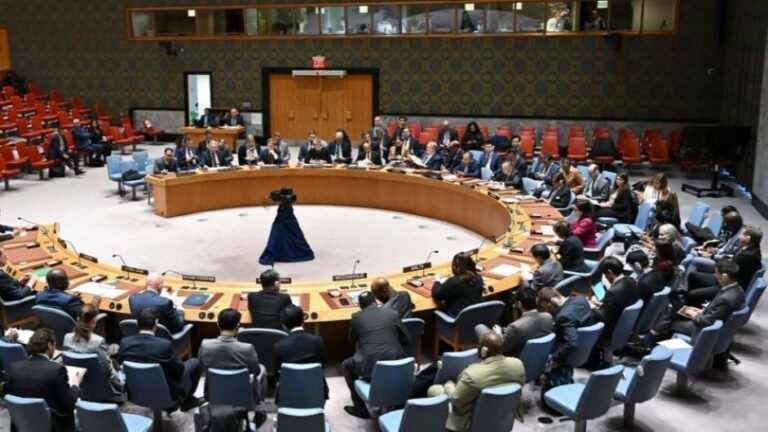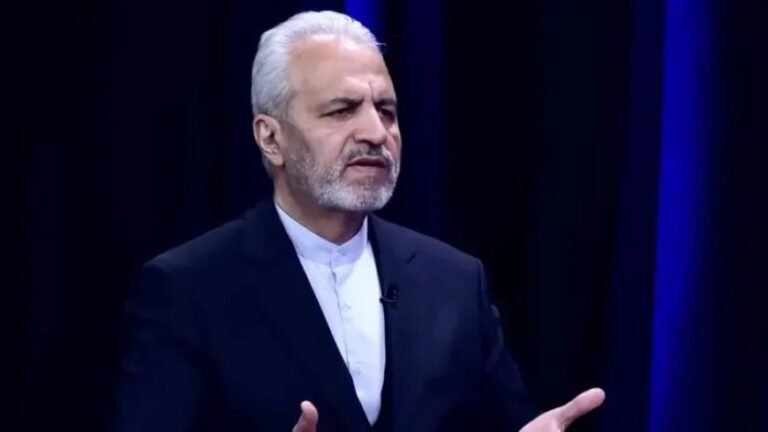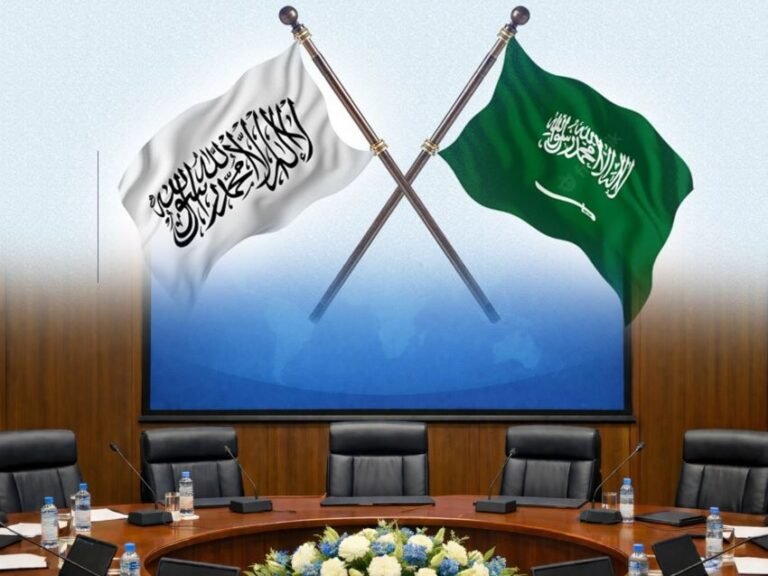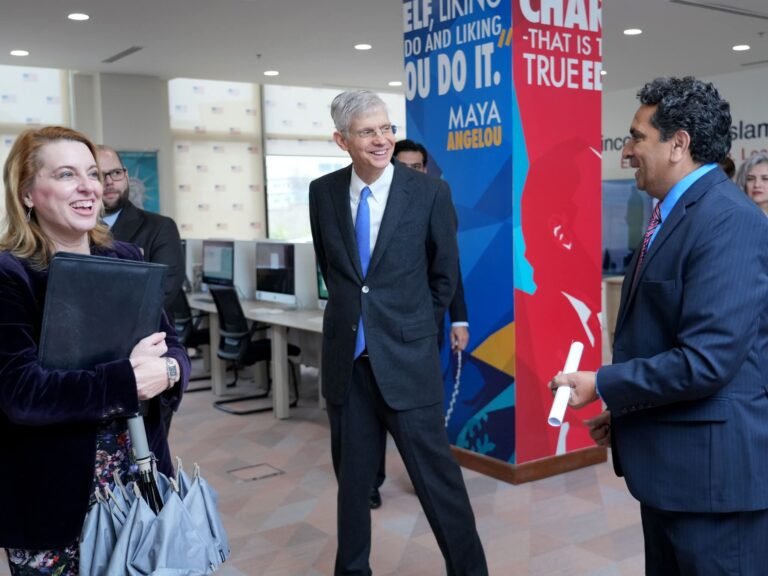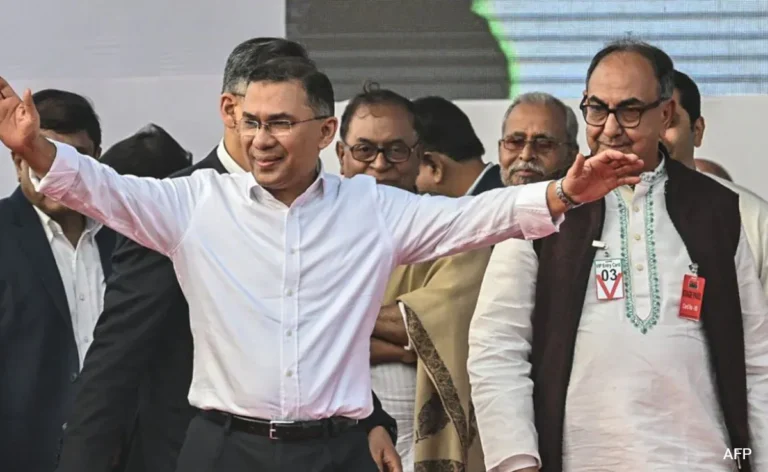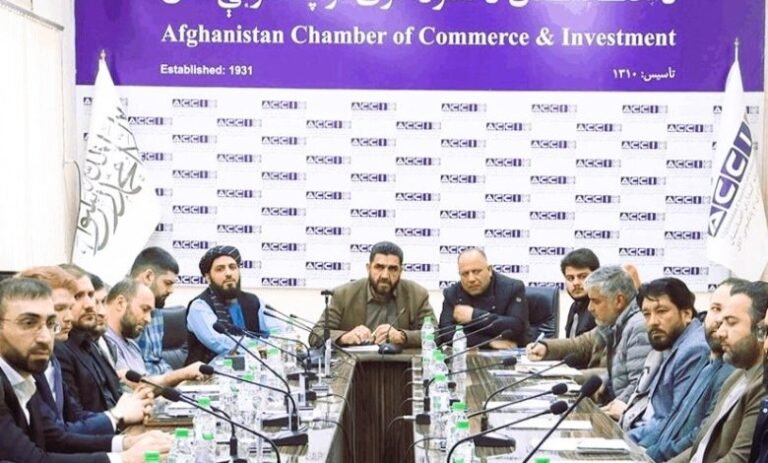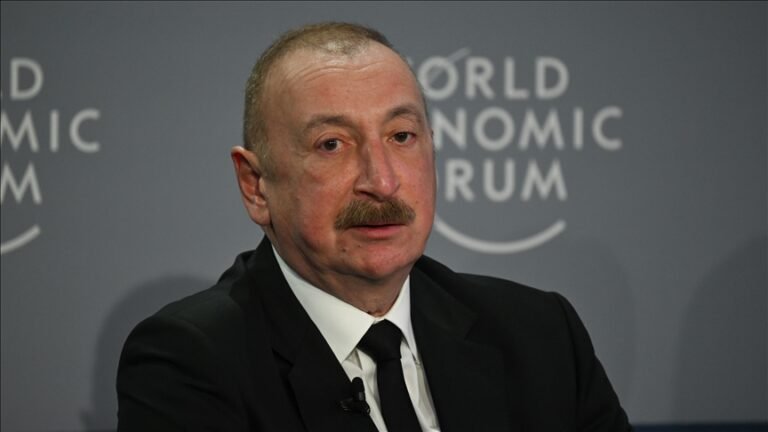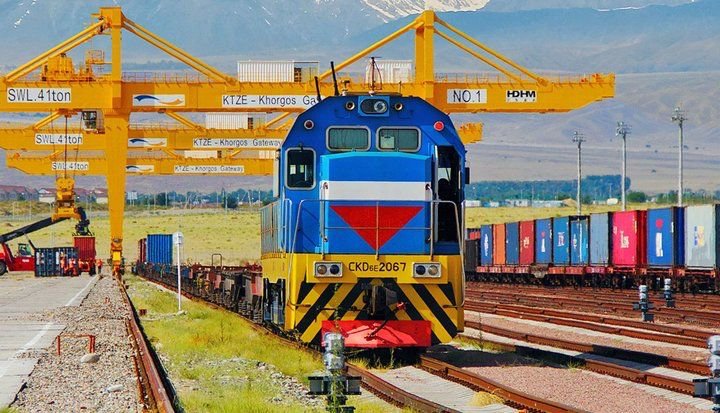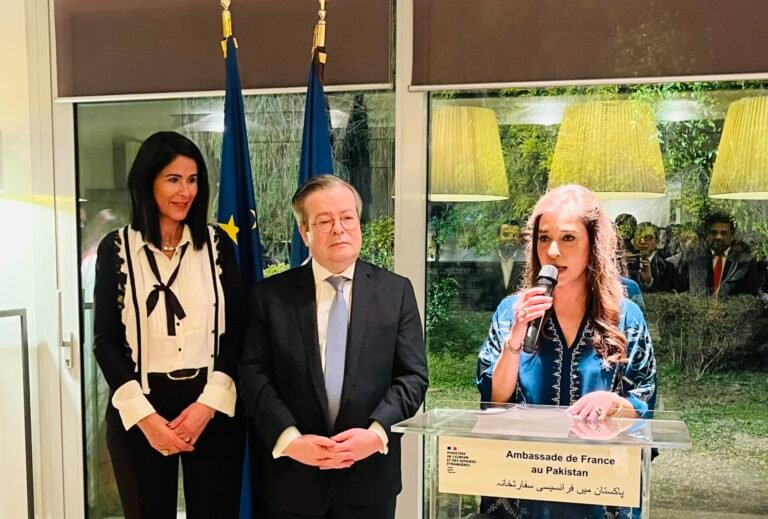Beijing (TDI): China pushed back against a fresh threat by US President Donald Trump to impose new tariffs on countries aligned with the BRICS bloc, emphasizing that the group’s cooperation framework is based on openness and mutual benefit, not hostility toward any nation.
Foreign Ministry spokesperson Mao Ning responded during a press briefing Monday, following Trump’s post on social media warning that countries “aligning themselves with the Anti-American policies of BRICS” would face an additional 10% tariff, with “no exceptions.”
Mao dismissed the notion that BRICS, a grouping of emerging economies including Brazil, Russia, India, China, and South Africa, functions as an anti-Western alliance. She described it as a platform for cooperation among developing nations that prioritizes inclusivity and shared development.
“BRICS does not target any country. It promotes openness, inclusiveness, and win-win cooperation,” Mao said. “We have always opposed trade wars and the arbitrary use of tariffs as a means of coercion or pressure. This approach benefits no one.”
Read More: Trump Threatens Extra 10% Tariff on Countries Aligning with BRICS
The Chinese government has consistently warned against protectionist policies, arguing that they harm global trade and undermine economic stability. Mao reiterated this stance Monday, saying trade conflicts and unilateral measures risk disrupting the global economy at a time when cooperation is urgently needed.
The 17th BRICS Summit, held in Rio de Janeiro from July 6–7, concluded with a joint declaration strongly opposing protectionism and the use of unilateral trade measures.
Read More: BRICS Summit Warns Against Trade Barrier, Urges WTO Compliance
“We reject unilateral, punitive and discriminatory protectionist measures that are not in line with international law,” read the Rio de Janeiro Declaration. It also expressed “serious concerns” about growing trade barriers that “distort global competition and disrupt supply chains.”
The declaration warned that the rise in unilateral tariffs and trade restrictions could deepen global inequalities and hinder recovery from economic shocks.
Farkhund Yousafzai is an Associate Editor at The Diplomatic Insight.
- Farkhund Yousafzai
- Farkhund Yousafzai
- Farkhund Yousafzai



